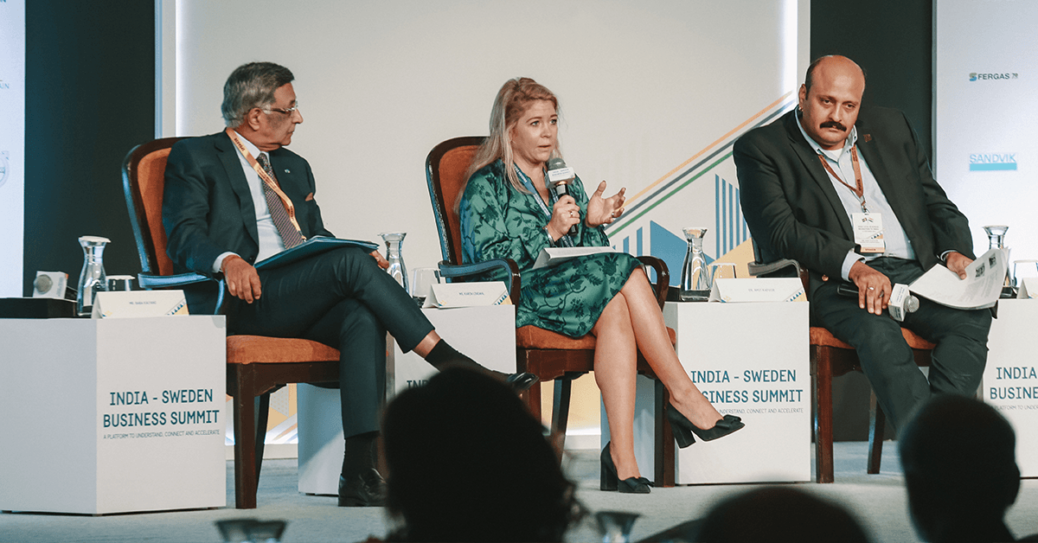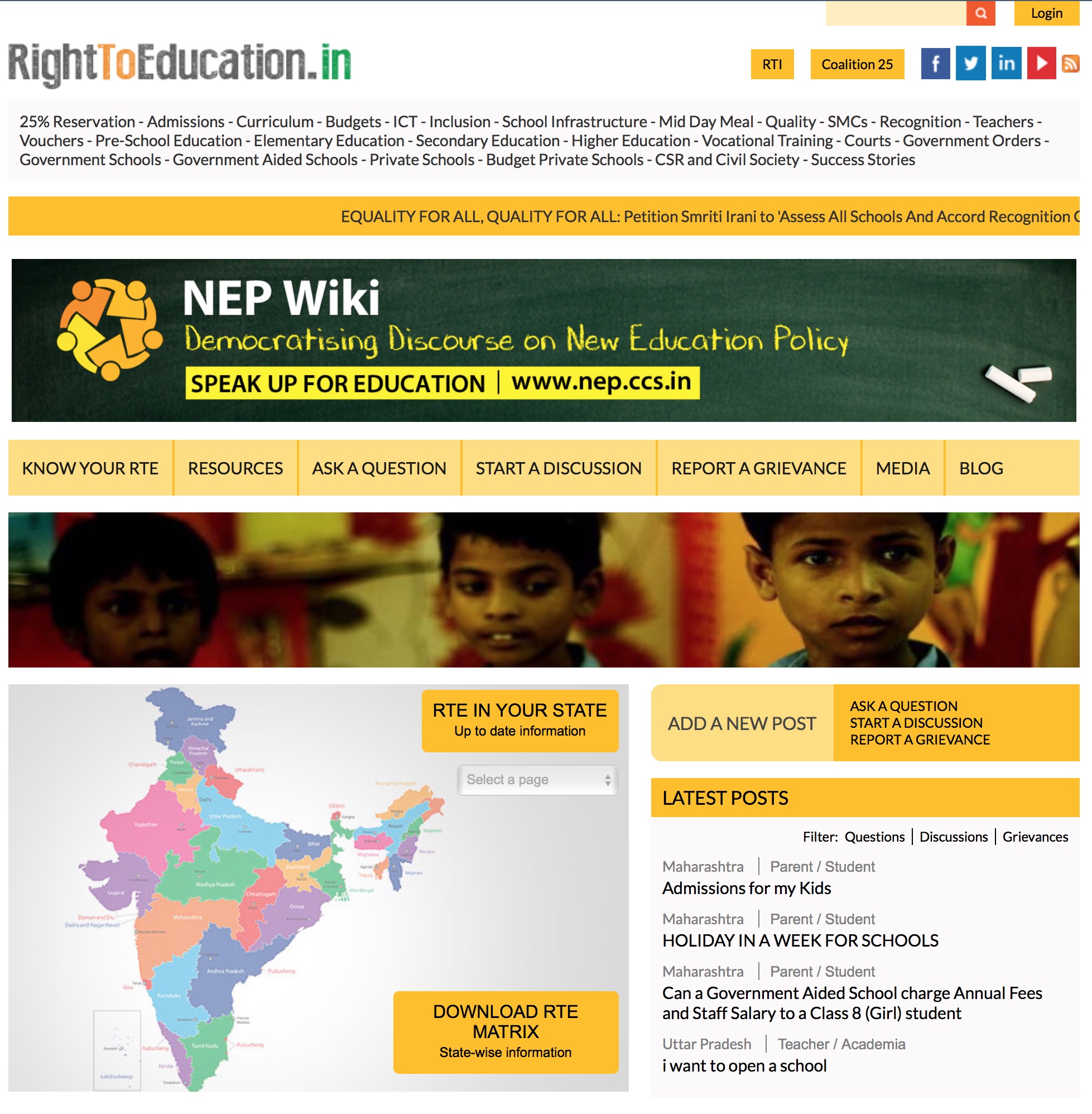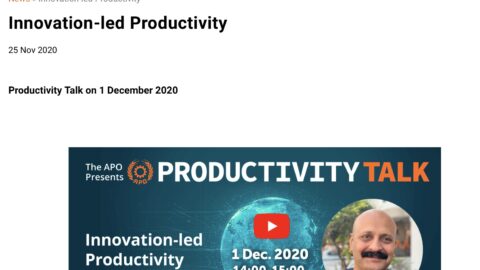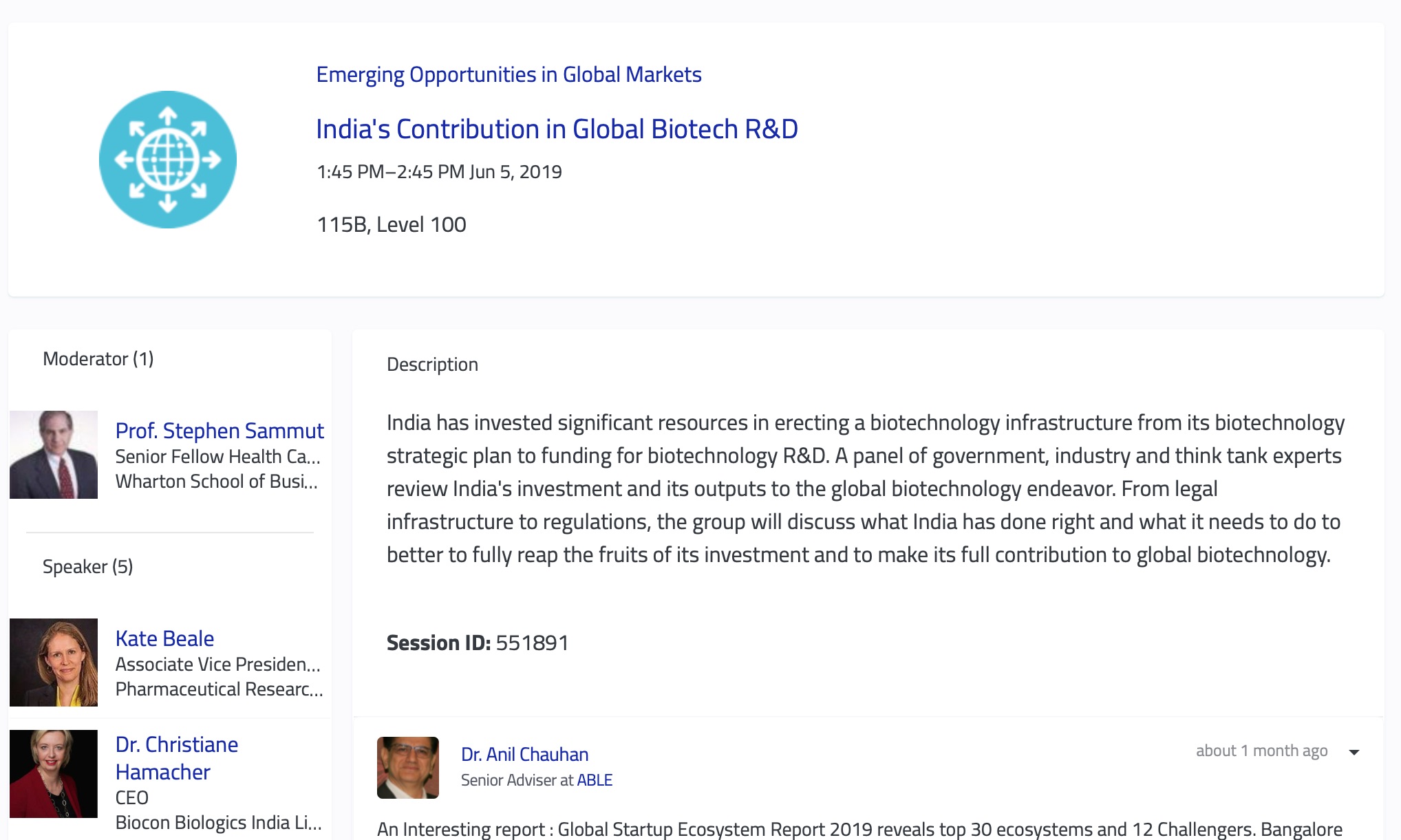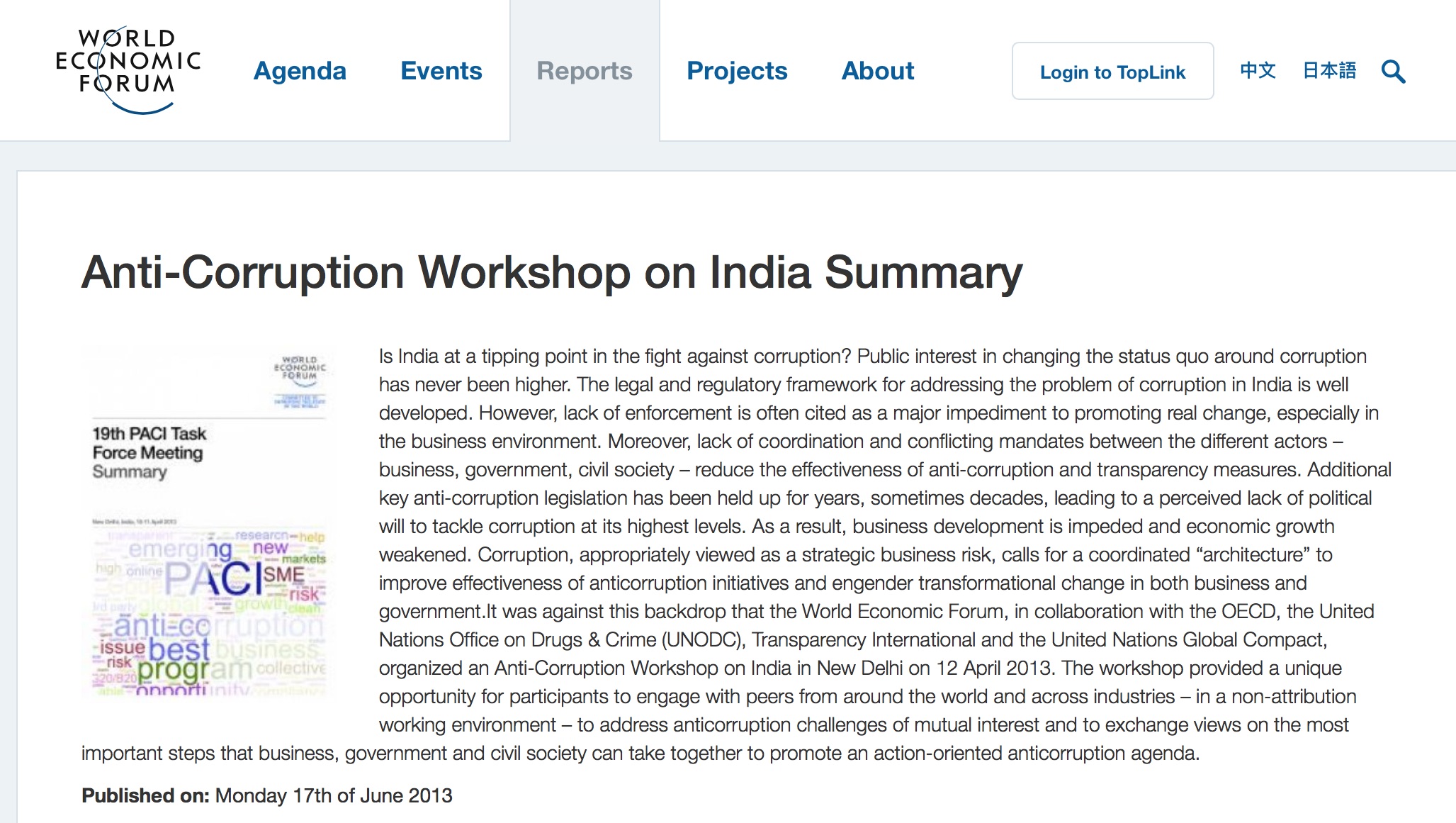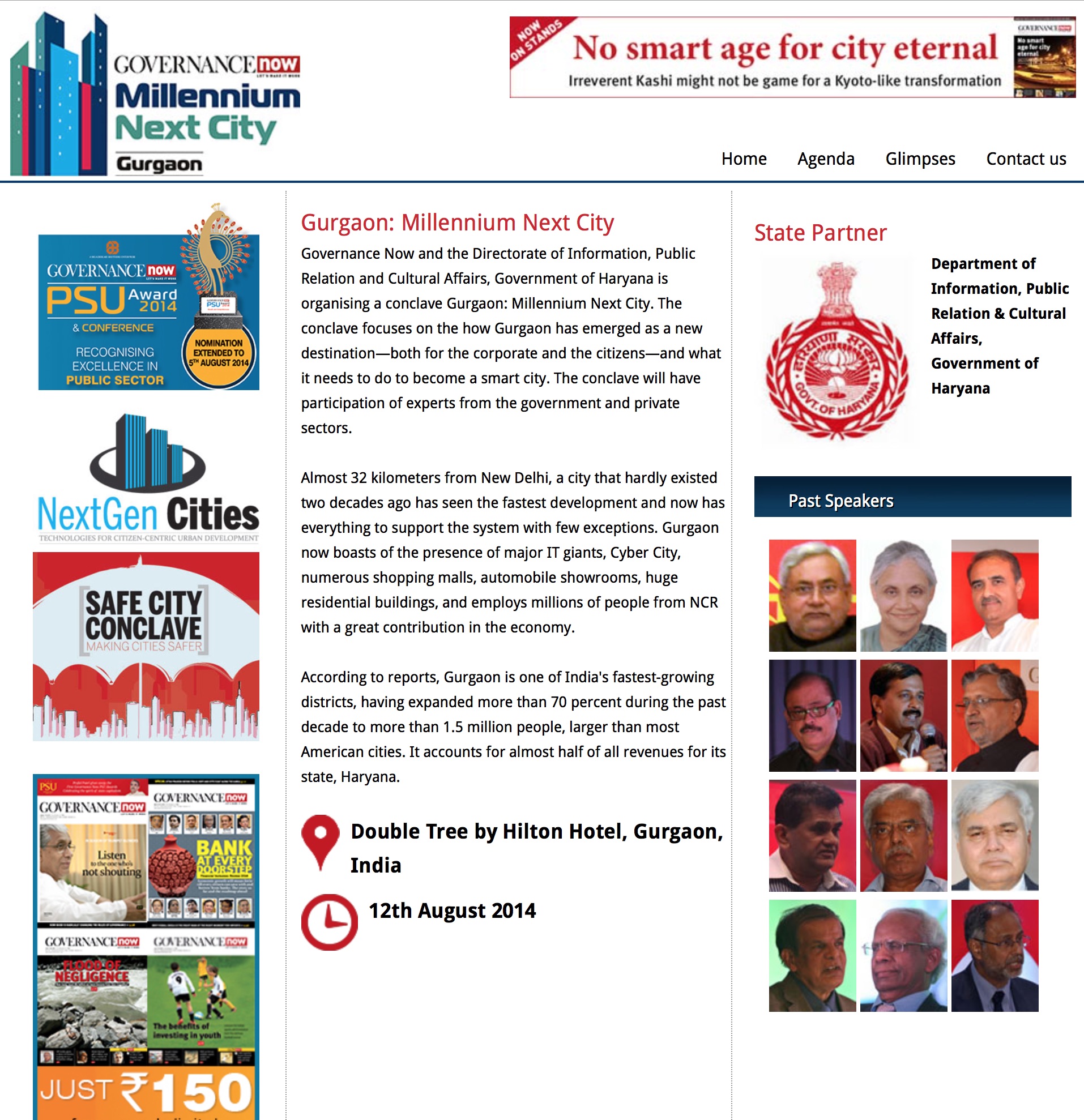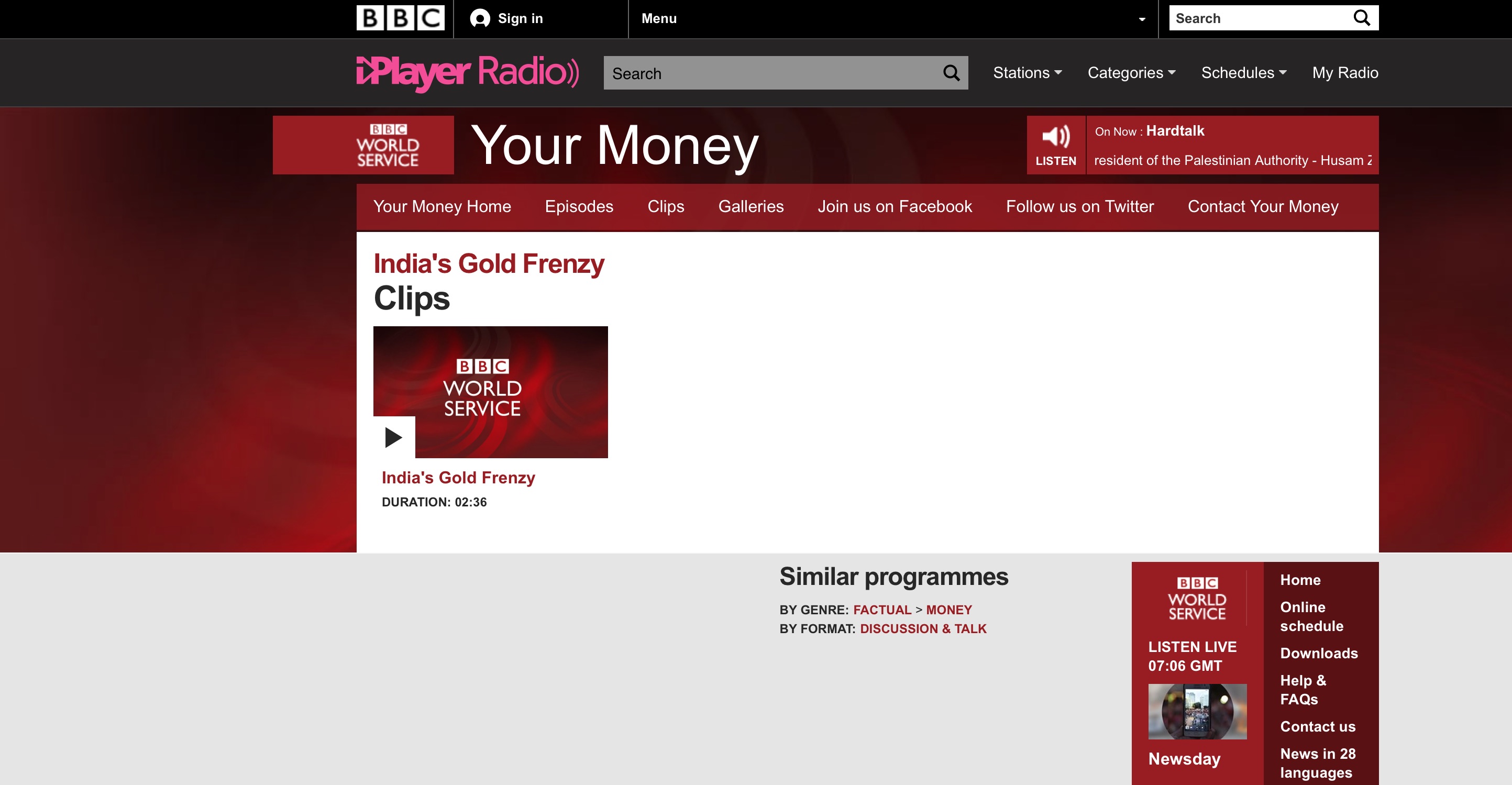Trade tensions are on the rise. Traditional manufacturing hubs are no longer competitive. New manufacturing destinations are on the rise. Companies are looking at de-risking their supply chain flows. New trade blocs are emerging, and new trade deals – both bilateral and multi-lateral are being negotiated.
India largely missed the industrial revolution of the 20th century, and manufacturing output is still a distant dream from the desired 25% of GDP. In the last few years, India has improved its investment climate and has jumped its ‘ease of doing business’ ranking significantly. Samsung recently inaugurated world’s largest mobile manufacturing plant with a production capacity of 120 million mobiles an year.
Setting up a manufacturing operation remains a big challenge for many investors, still. Inadequate infrastructure, bottlenecks in logistics, and bureaucratic processes are commonly highlighted as challenges. By most accounts, India is not yet part of the global supply chains. Other countries with more agile policy responses, more business-friendly environments, and more efficient logistics have been far more successful in attracting investments.
What measures can Indian policy makers take to attract investors? What is preventing investors from seriously considering India as a manufacturing hub? What factors of production (land, labour, capital and raw and intermediate materials) is India competitive in, and how can other factors be improved? How can Indian businesses with global ambitions become more competitive? How can India integrate better in the global supply chains?
Dr. Kapoor moderated the session on “The Battle of Supply Chains: India’s Rising Role” at the exclusive India-Sweden Business Summit, under the key theme of ‘Make it in India’.The business summit is organized in conjunction to the historic visit by His Majesty King Carl XVI Gustav and Her Majesty Queen Silvia, to India, which is a momentous step in the ever-stronger relationship between Sweden and India. The summit is organized by Business Sweden, and Embassy of Sweden, in collaboration with Confederation of Indian Industry (CII) and Nasscom.
Some of the panelist are as follows:
- Tom Johnstone, Chairman Husqvarna Group (former CEO of SKF group)
- Karin Lindahl, CEO Indiska
- Baba Kalyani, Chairman Bharat Forge
- Rajive Sindhe, AGM, Dabur

